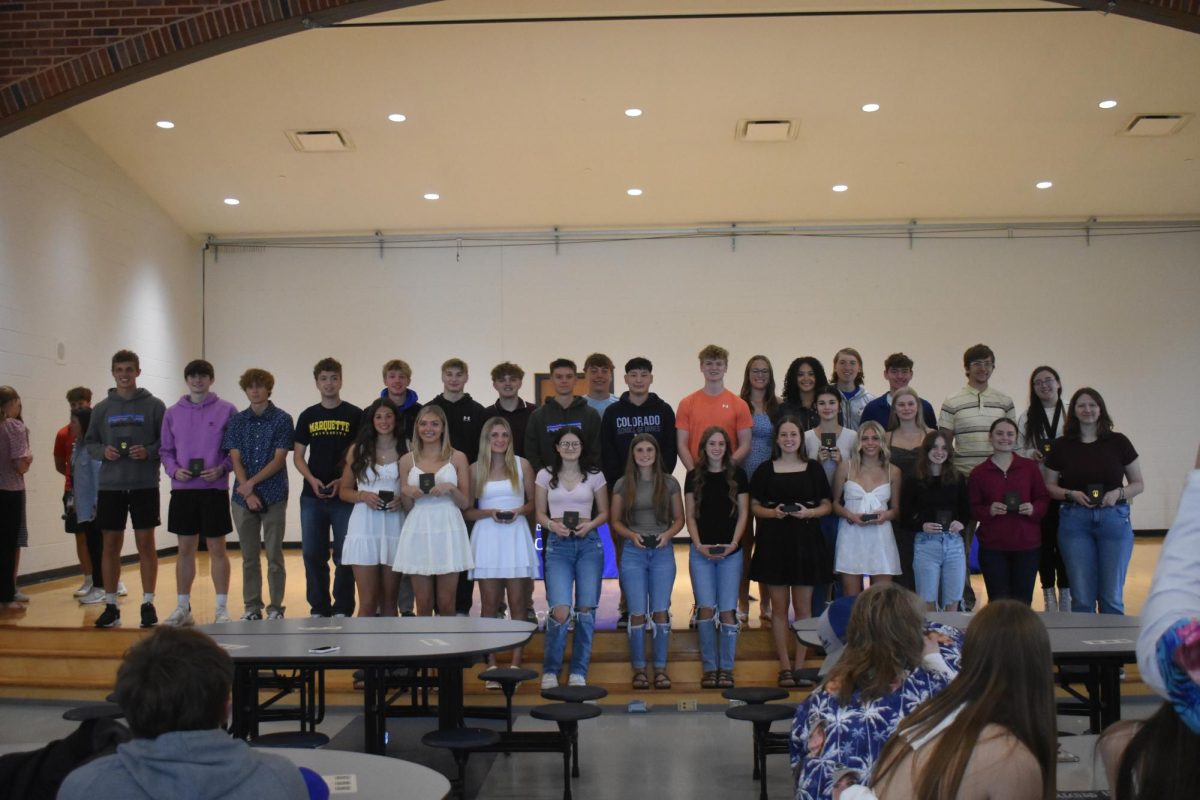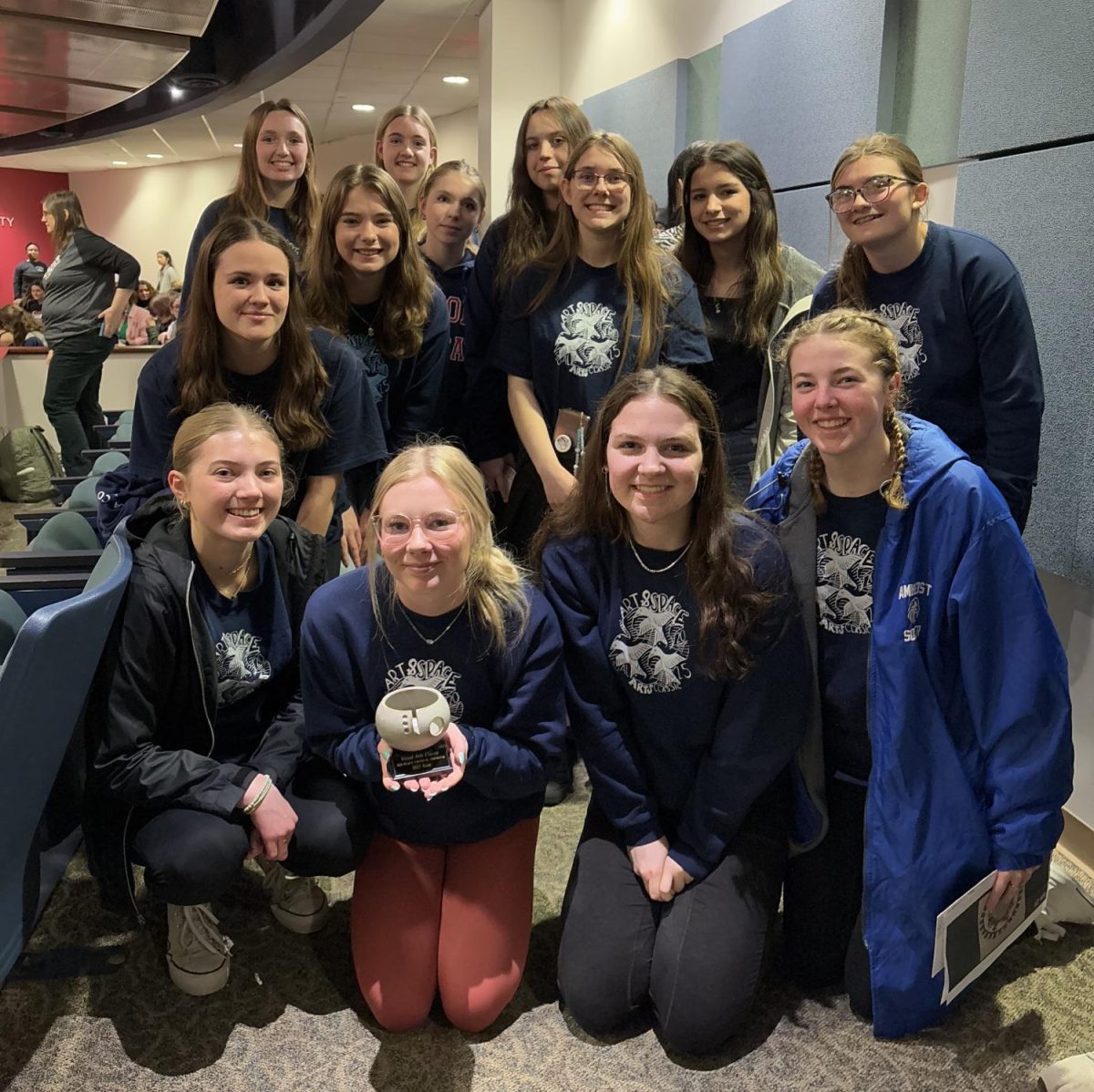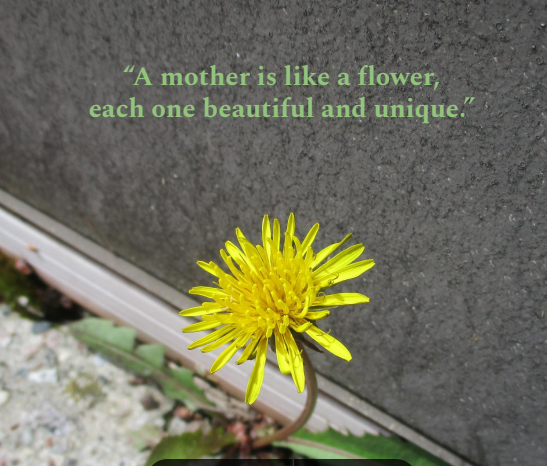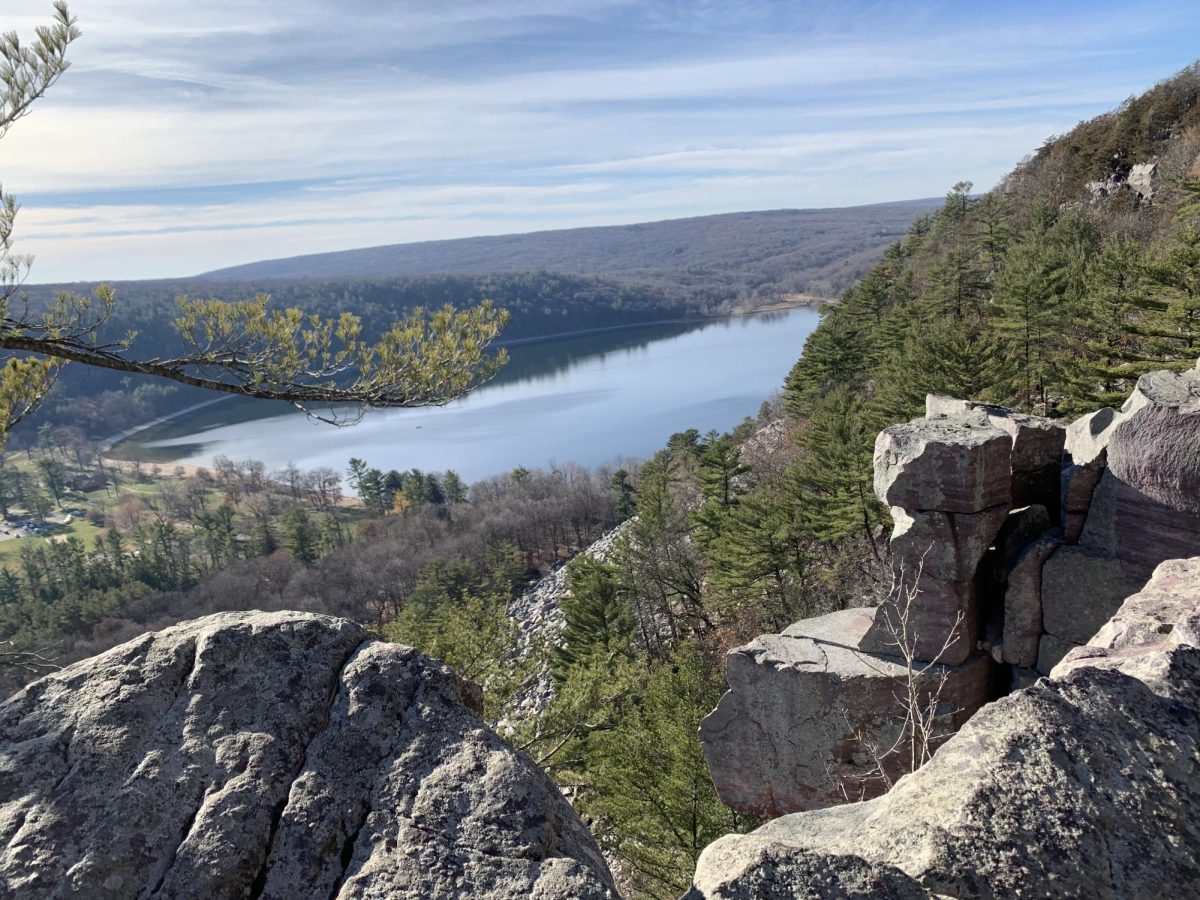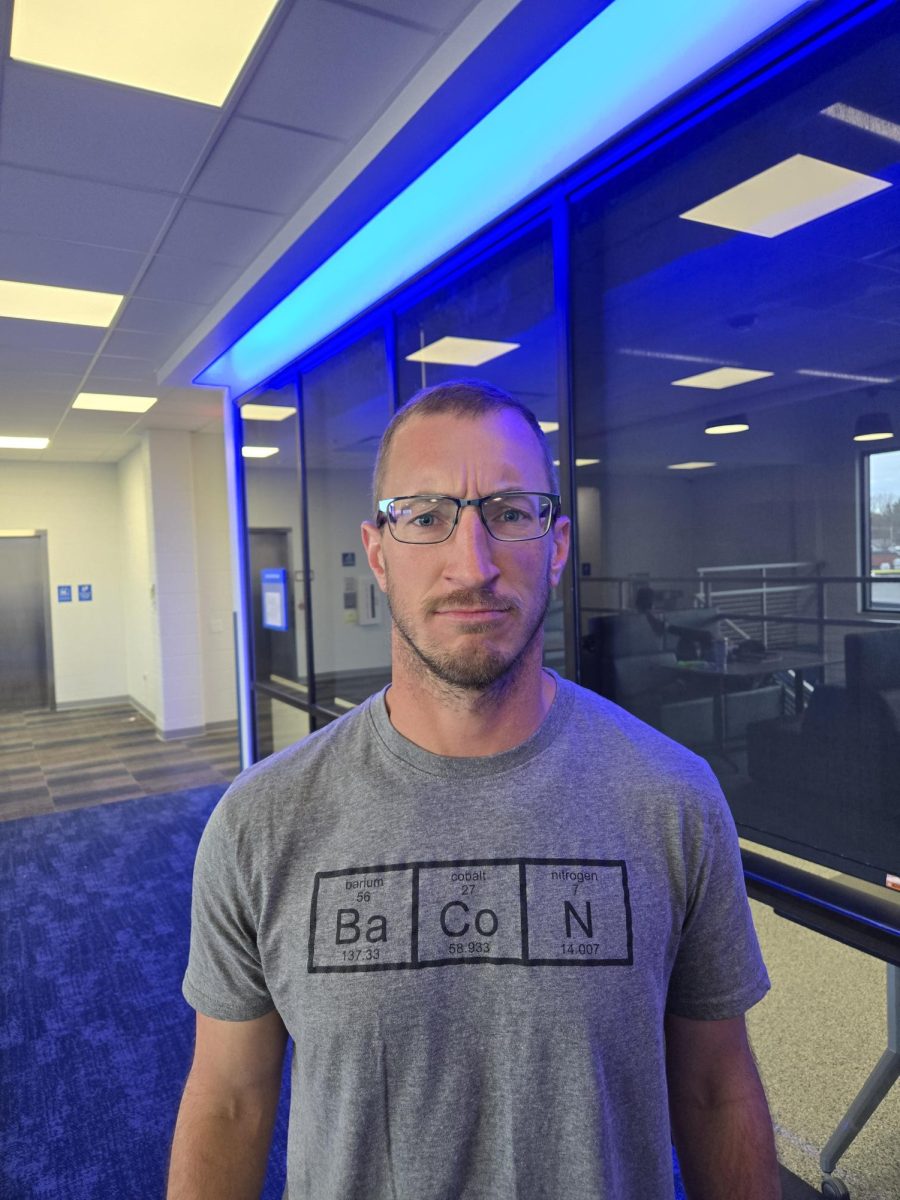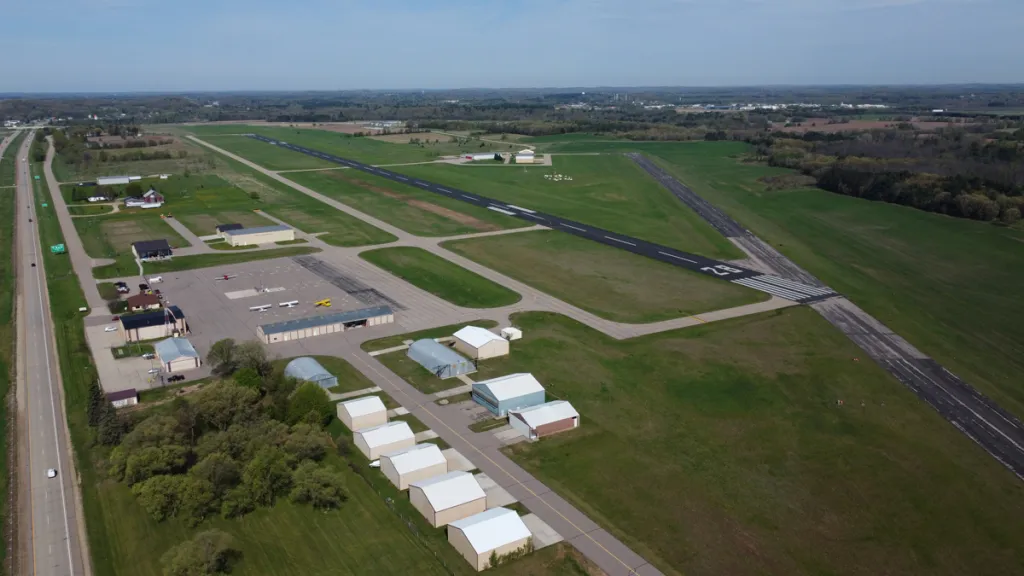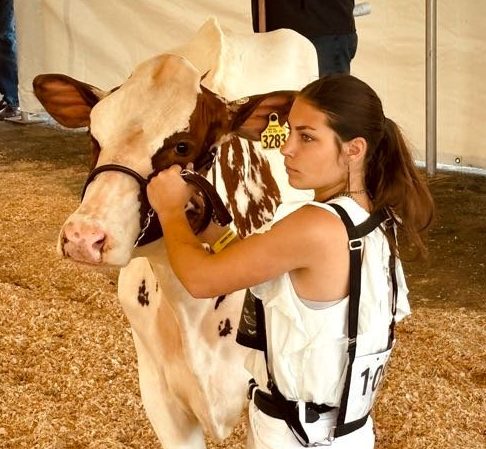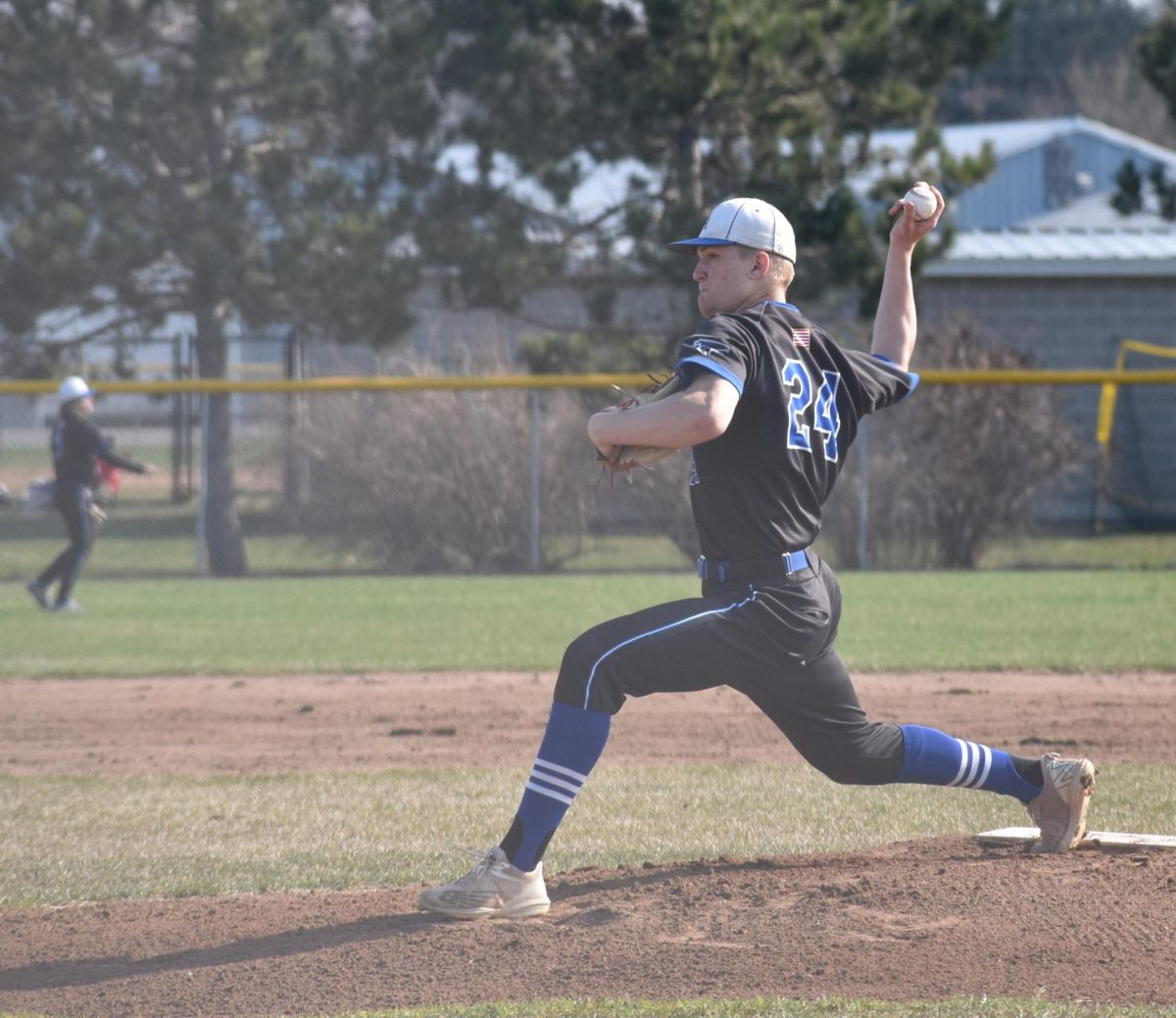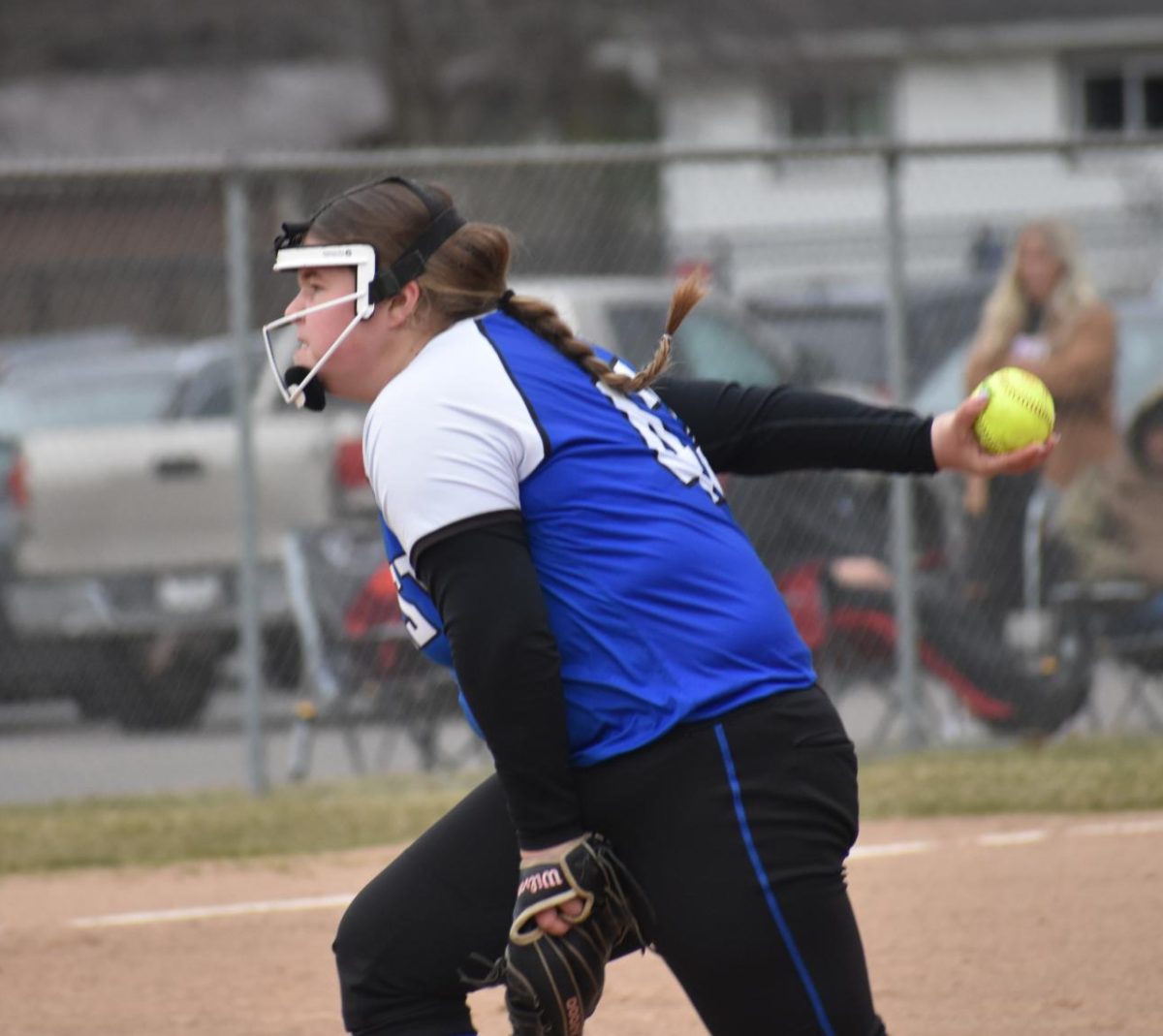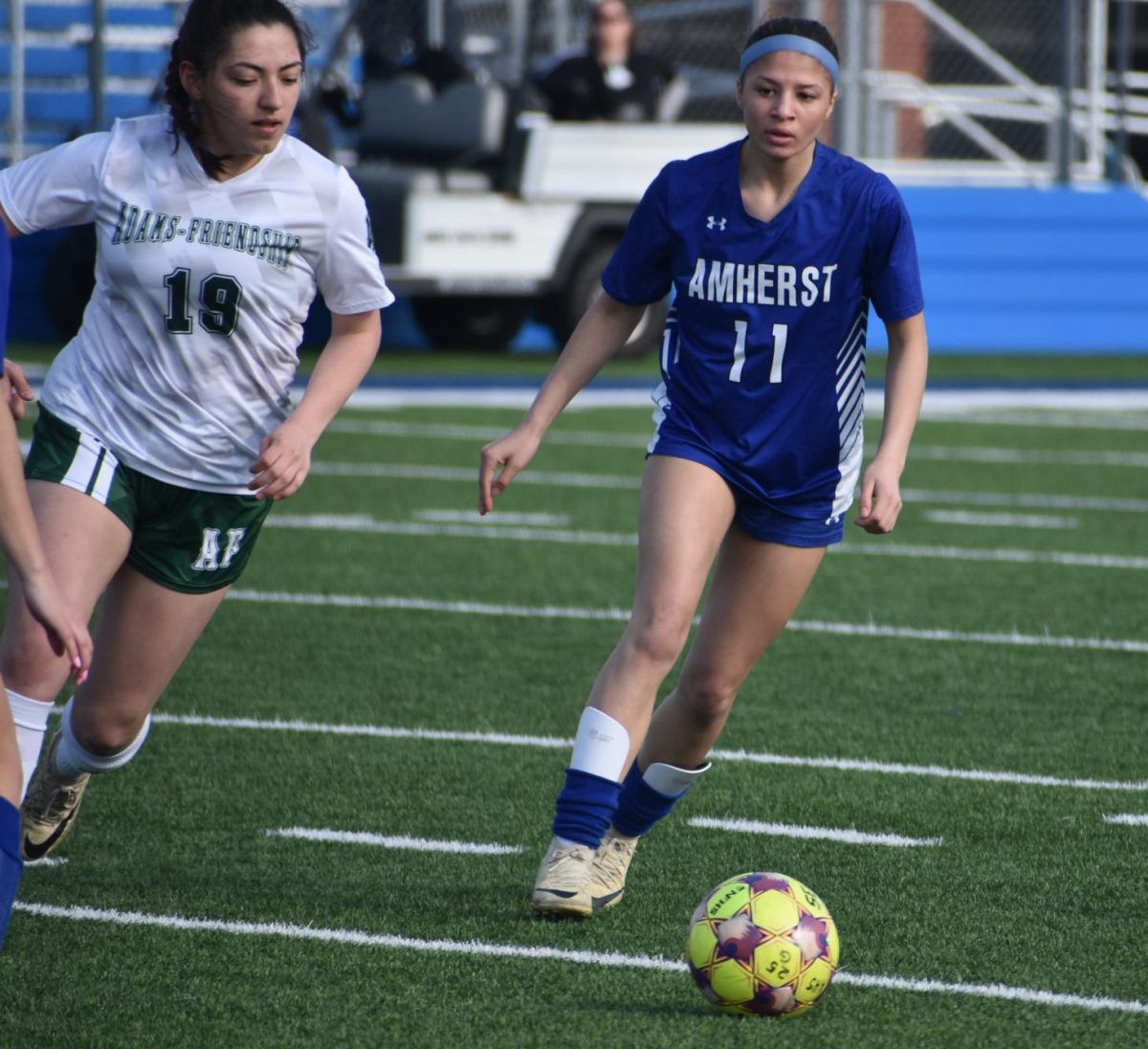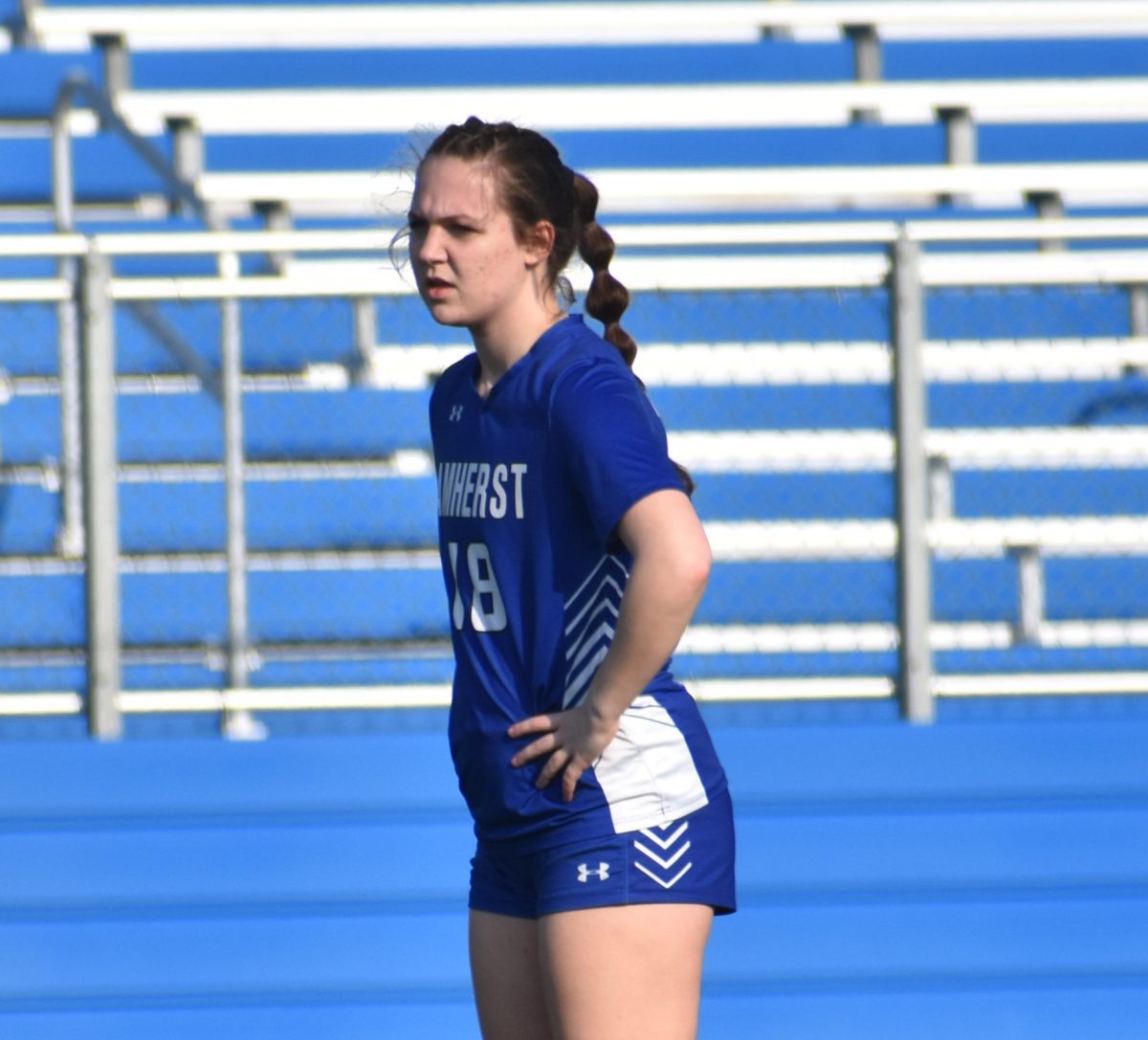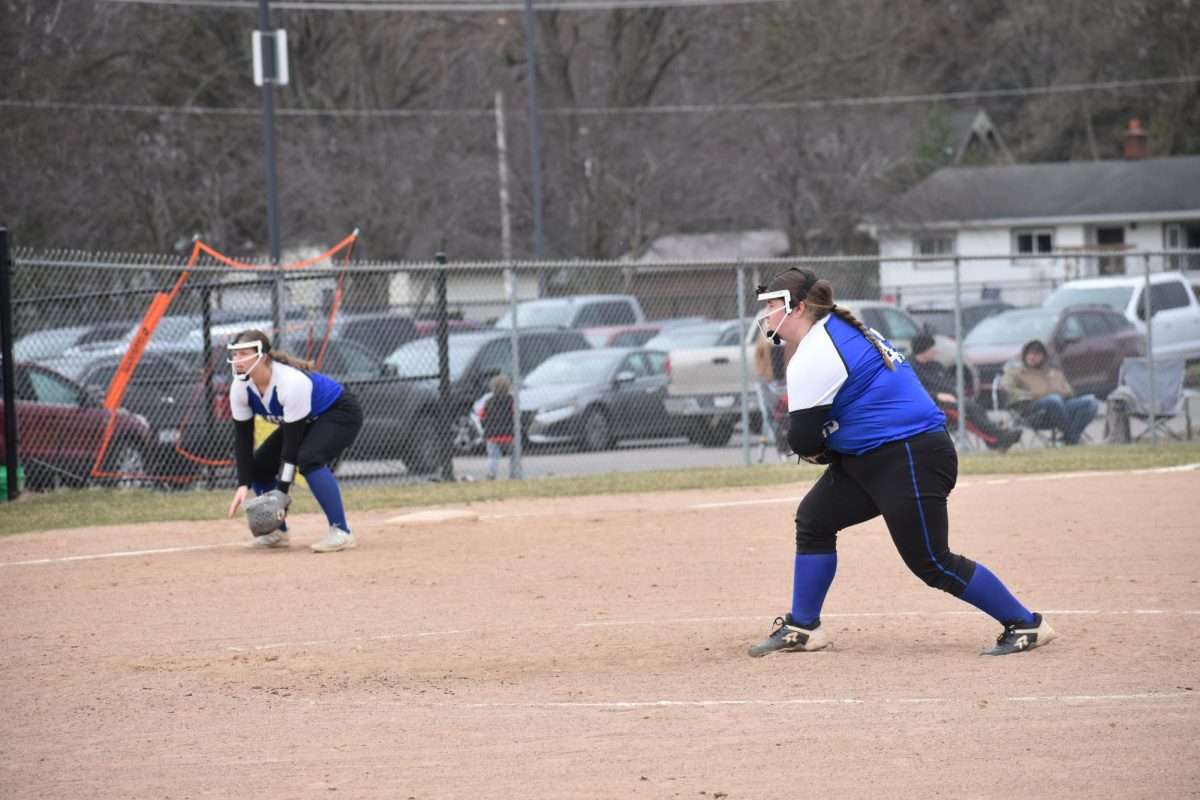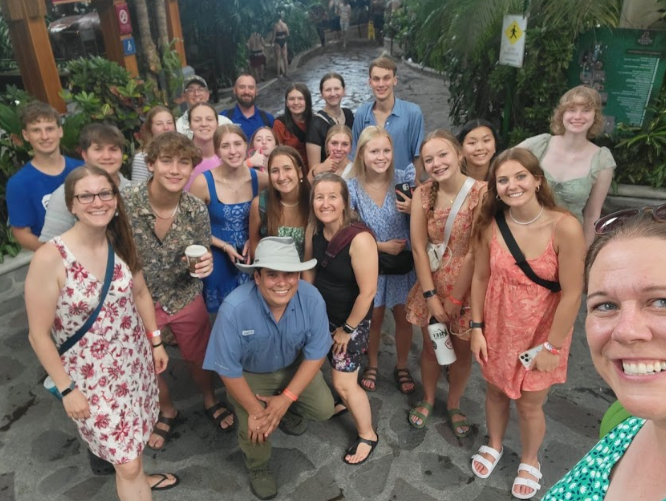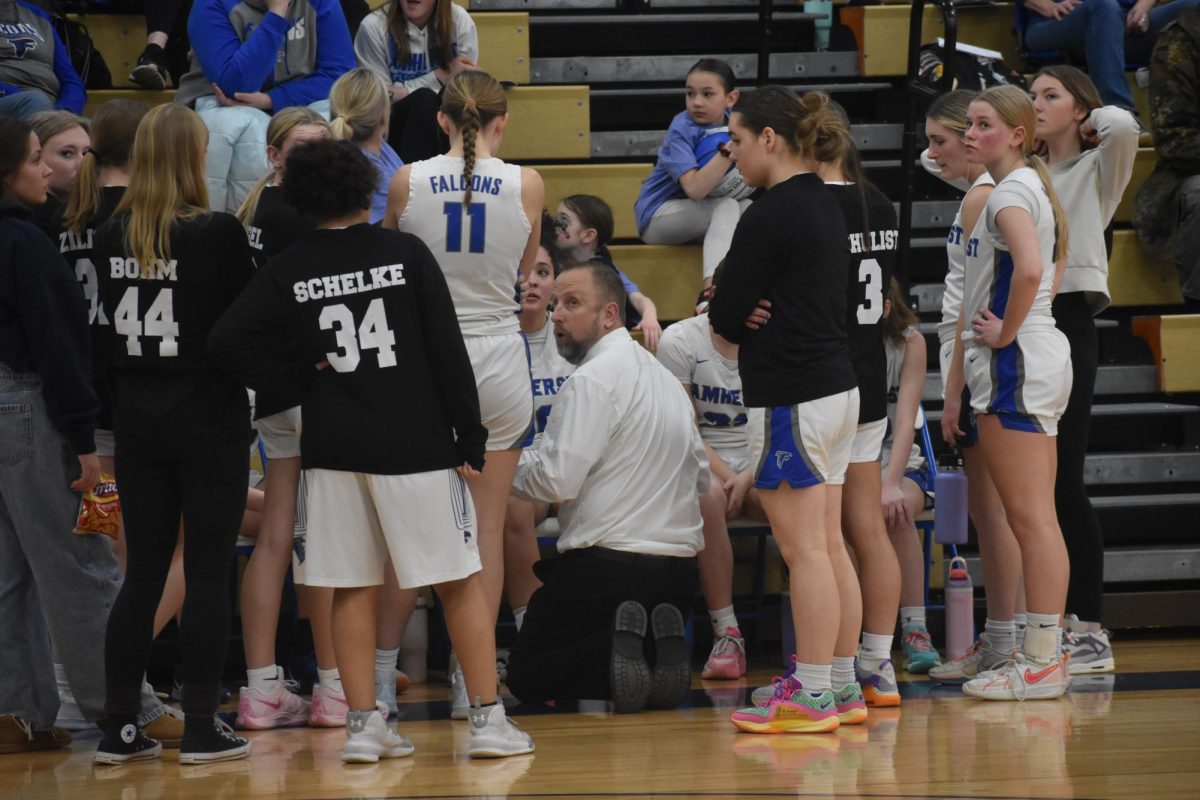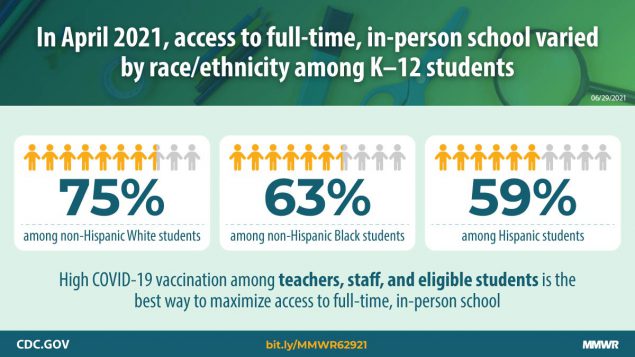Education in the post-Covid world adapts to fit the times
March 14, 2023
For better or worse, covid has altered the educational world in many ways. Despite being in the post-covid era, the positive and negative impacts of the past still linger, as evidenced by the views shared by a sampling of teachers in the Tomorrow River School District.
According to the National Assessment of Education, students’ test scores have dropped nearly 10 points; that is almost equivalent to a year of schooling. When teachers at the Tomorrow River School District were asked if they thought there was an impact on kids after the lockdown, many said they saw drastic changes in their work ethic. Some thought this change in effort may have resulted from a change in the students routine, as well as the students inability to adapt to the new technological schooling when coming back from the quarantined era.
Due to the covid, teachers had to change their whole lesson plan and teach themselves how to successfully educate students virtually. “This was a very stressful time for teachers. Not only did we get deprived of our favorite parts about our jobs (seeing the students), but we also had to change our whole way of teaching in a matter of seconds,” said Johanna Slattery, an English teacher at Amherst High School. The transition from in-person schooling and virtual schooling was challenging for all although some teachers enjoyed virtual learning more than others.
Brandon Lynch, a English teacher at Amherst High Schools stated that he liked vitural learning because it, “makes it so [his] courses are accessible anywhere at any time for [his] students. However, [he does] realize that it is not for everyone. Some students have a hard time learning on the Chromebook, just like some students have a hard time learning in a classroom setting.”
However, some teachers did not enjoy the transition to virtual learning. For example, English teacher Jennifer Ludeman stated that she “felt as though I was working really hard to be a mediocre teacher. Part of that is my own lack of experience with the process. Part of it is that, as a classroom teacher, I feel as though when I’m in personal contact with my students I can assess their understanding better.”
Despite the both negative and positive opinions on virtual learning, all of the teachers questioned do believe that virtual learning will continue to be used in the future, despite quarantining being over.
Not only will it be used in the future, but also in the present. Teachers are using techniques they used for covid in their present day classrooms. All of them use an app called Google Classroom to help them and their students stay organized on their day to day work. Furthermore, virtual schooling has now taken over snow days, enabling schools to continue teaching in the comfort of the teachers and students’ own homes. The problem with this, however, is the possibility of students having inadequate wifi and virtual tools.
Not only will virtual days be used for snow days, but also future construction days. Due to the new addition the school is adding, construction may cause students and teachers to stay home for school. This is a perfect example of where virtual schooling will come in handy. And now that teachers have already experienced and dealt with the initial struggles of virtual schooling and have a plan, it is easier for both students and teachers to transition from in-person to virtual school days.

